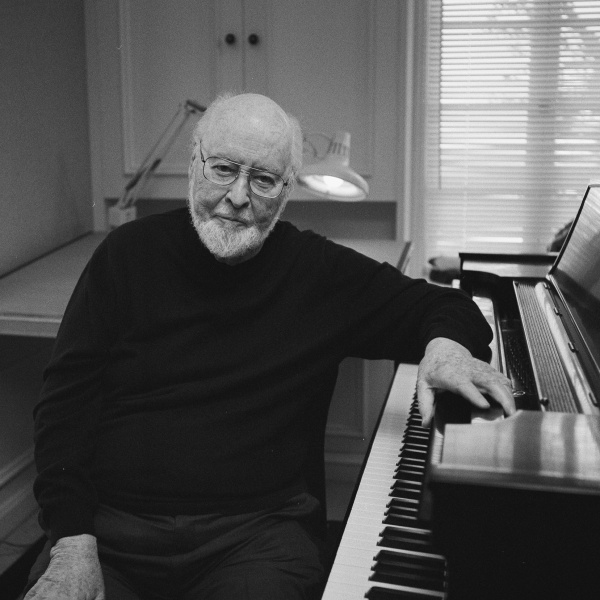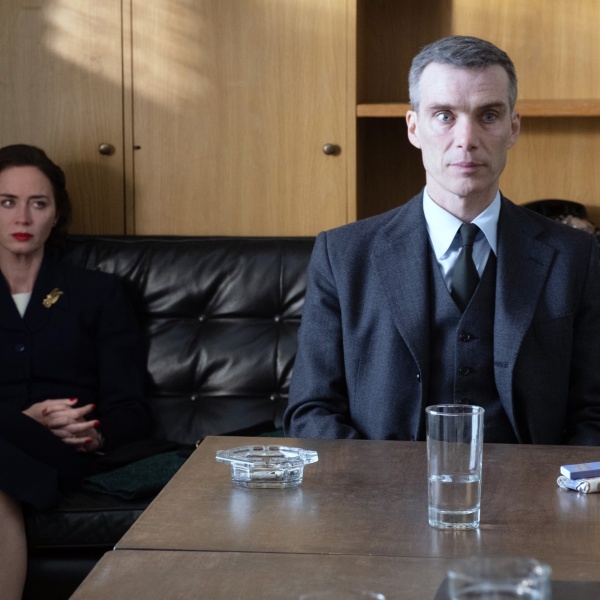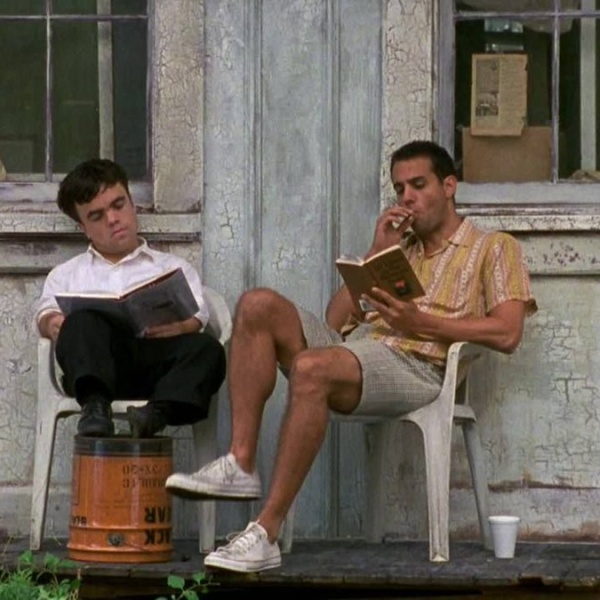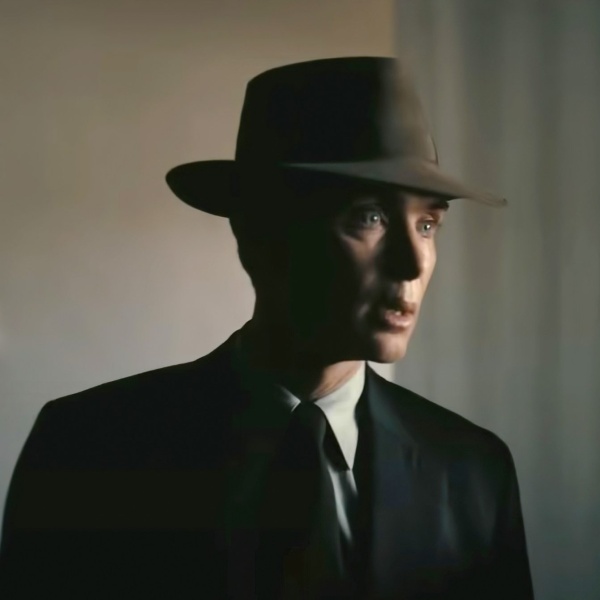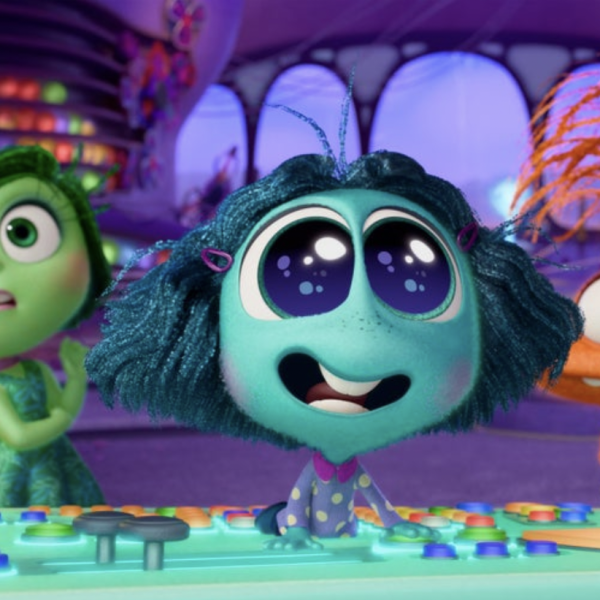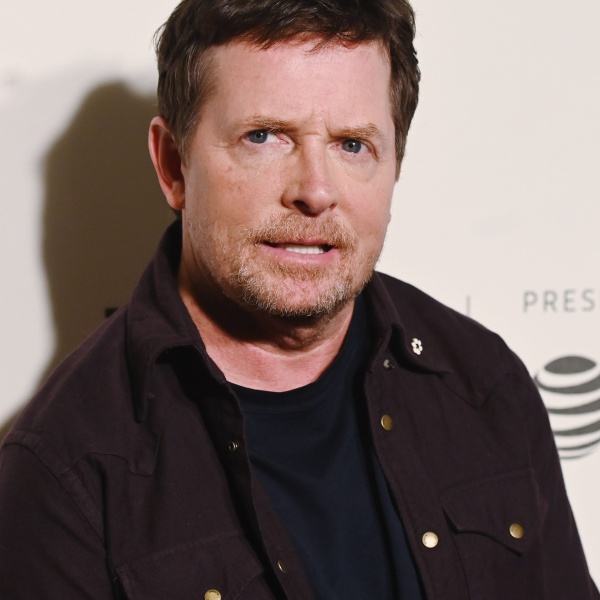Actor Says His Body Of Work Is Eclectic Because “Actors Should Be Chameleons”

Adrien Brody‘s career is a puzzling or fascinating one, take your pick. At the age of 29, in 2003, he became the youngest actor to win the Academy Award for Best Actor in a Leading Role (for Roman Polanski‘s “The Pianist“), but instead of rocketing to the A-list the actor took a circuitous path, taking on smaller, off-the-beaten-path roles, and only working on one film per year until 2008 when he started speeding things up a bit. His post “The Pianist” career — which includes everything from Peter Jackson‘s “King Kong,” “The Jacket,” “The Brothers Bloom,” to Wes Anderson‘s “The Darjeeling Limited” and “Hollywoodland” — is an eclectic one and to hear it from the actor, this by design. Brody continues to switch things up taking on action roles (“Predators“), lo-fi experiments (Tony Kaye‘s still unreleased “Detachment“) and B-movie detours (“The Experiment,” “Giallo“). His latest move is very small indie film you may have only heard a tiny bit about and it hits theaters in limited release this weekend via IFC.
Watching his newest film “Wrecked” can be a grueling experience, but after we spoke with Brody about making the indie survival film, it sounds like we got off easy. After all, we didn’t eat any worms or other insects. In Michael Greenspan‘s directorial debut, Brody plays a man who wakes up in a crashed car at the bottom of a cliff, and it can be agonizing watching him struggle to live — or even do the seemingly everyday task of exiting the car.
But “Wrecked” adds an intriguing layer to the traditional survival film, casting Brody as a man who can’t remember who he is or what he’s done, but the clues surrounding him point to something awful. The actor employs all his Oscar-winning talent to portray a role that has him on screen — often alone — for all of its 90-minute runtime. We talked to Brody recently about his motivations for picking projects big and small, how far he’ll go for his art, potential super hero films he’s been rumored for, potentially working with Wes Anderson again and what may be on the horizon.
The Playlist: What attracted you to the film and role?
Well, challenges are attractive for me in the roles that I choose. You know this is a wonderful journey for an actor. I mean I’m attracted to finding stories that have room for a performance that…has a real place and room to breathe and it’s very rare to find a character with a journey like this where there’s so little you have to say in words and so much self discovery that has to take place and be expressed silently. That’s rare and very attractive I think for all actors. There are a lot of extreme circumstances and I think it’s also a portrayal of a man that’s a very universal struggle. I think the fact that he is facing so many variables and living in such an unknown existence and that he is trying to formulate not only survive very difficult circumstances but to formulate his own understanding of who he is as a man. How we take what we are given as truth for truth and [how] that shapes how we move forward in life…I think that’s really an nteresting concept to play with in a character.

It brought a complexity to what otherwise could have been just a grueling survival movie. How much of it was scripted? The outbursts in the film?
I think they’re there, I think most…you know obviously even things that are written to be a certain way don’t necessarily end up that way. And I think there were other elements in earlier incarnations of the script but the movie kind of became something else. But I think we pretty much shot the shooting script but within that, as I said there isn’t much dialogue so as far as the specific moments for certain things we had to tell a story but there’s room for interpretation. But there were lots of elements that I added that felt natural and felt interesting to explore like the eating of the insects and eating a worm and those happened from sort of getting in touch with that character’s state of mind. It wasn’t something that was in the script and it wasn’t something I had thought of before that would look cool or be cool, but to give you an example the scene with the ant is written as this kind of connection, witnessing this ant, the freedom that the ant had that my character didn’t possess that he was freely able to walk across the dash and out through a crack in the window and that may or may not have been able to be depicted as clearly as it was on the page. And so I also thought that a man who was that hungry and disoriented may consider it, eating it, that is and so I did. It didn’t taste half bad.
You actually ate both the ant and the worm?
Yeah, I ate them, several ants. 
Does that speak to your general process?
I think you can’t be intimidated. I don’t like doing things for effect, I wasn’t doing it for effect and actually the situation with the worm was it was an incredibly beautiful and tragic shot. We were shooting on the edge of a river and there was this poor worm that was in this beautiful eroded hole in the rock, along the edge of the bank of the river and it was filled with water and the worm had fallen in, I guess, and was trying to escape the entire time we were there and it was trapped and as playing a man who’s trapped, I was fascinated by that struggle and the fact that he was doomed. And I showed it to the director, I thought it was very interesting, and it was a very ambitious film on a small budget and as much as you like to pursue every creative thought you have, you cannot. And I said its really, it’s a beautiful shot, it’s beautifully silhouetted, a kind of picture frame shot of this thing and it’s tragic and the parallels are great, and he said there isn’t enough time to shoot it, I said please shoot it, you’re going to want it, he said no he can’t, I said I’ll eat it. He said you’ll eat it? I said yes so it ended up being in the movie. So it kind of illustrates my dedication to a moment that I felt had real relevance and significance and both spoke about the character and this kind of existence that we have, it’s a constant struggle to survive and escape and a failure to do so.
 You’re career is very tough to pin down, how do you decide what to do next?
You’re career is very tough to pin down, how do you decide what to do next?
Well I think it’s pretty clear that I like to experiment with my choices and I try to have a sense of humor about them. You know I’m most drawn to material that has some deeper meaning or some social relevance but I think the process changes with each endeavor. Your state of mind as a human being also is affected by the roles that you take. I think it’s important to explore all of those things and to explore and connect to different things that may be unfamiliar and may inspire you in different ways. All of this has a different lingering affect and I think I don’t look at my choices as necessarily what’s the next film that I should do as a career choice but more as what speaks to me as an artist and is available for me at the time where I’m looking for it. I consider that sometimes the ideal project may not materialize in the ideal moment where you want to explore or experiment with different things. I think that’s the most exciting way to approach a creative form of expression, that you have to be malleable and try new things. And actors should constantly work on being chameleons and not necessarily repeating certain things.
You’ve been rumored for roles in the to-be rebooted ‘Fantastic Four” film and “Ant-Man.” Do you have any interest in pursuing a role in a super hero film?
I have interest in pursuing creatively stimulating material and I can’t limit it or eliminate a choice based on a genre or type of thing. Nothing has quite come together that just made sense entirely. But if that day happened I wouldn’t be opposed to it.
What about taking on action hero roles?
I mean I feel like “Predators” is a good example of that. I’m a relatively sensitive human being and I’m drawn to characters that have a certain degree of sensitivity and it’s fun to play a character at times who lacks that sensitivity and is more primal. It was an interesting process because obviously I wouldn’t be the first choice for that. It was very rewarding for everybody involved because they believed in me and I brought them something that I felt was lacking in certain depictions of a strong leading man in an action genre. I felt like a lot of times it wasn’t really strong enough on an internal level. You know I think the depiction of strength does not have to purely be on physical brawn and I think audiences are intelligent enough to understand that.There has to be a degree of physical endurance and competence that exists within the character but you know, what truly makes a military leader effective is the mind and the ability to kind of act with a tactical savvy that is believable. And those are things that I tried to cultivate and explore. I did a physical transformation but that wasn’t the most important thing for me, it wasn’t what drew me to the character.
Are you talking to Wes Anderson about “Moonrise Kingdom”? You’ve worked on two of his films now and he likes to reuse actors from his character troupe.
We haven’t been discussing that in particular, no. It’s too soon to say [if we’ll work together again, but], we both enjoy working together and have discussed the possibility of doing other things, we just haven’t discussed the specific project yet.
“Wrecked” hits theaters tomorrow, April 1, in limited release.
